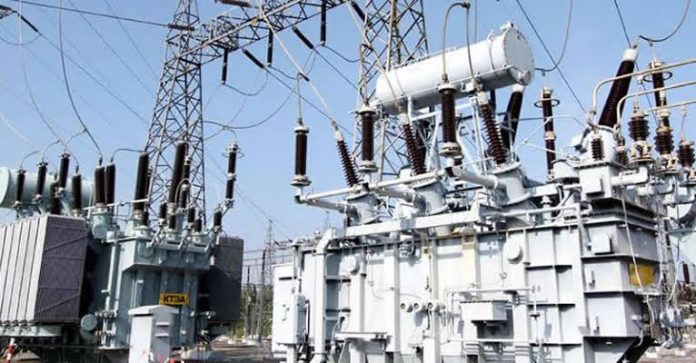News Investigators/ A Professor of Mechanical Engineering, Prof. Abubakar Sambo, on Thursday advised states in Nigeria on establishing their electricity markets so as to reduce the effect of frequent national grid collapses.
Sambo, while speaking at Malete while delivering the 12th Convocation Lecture at the Kwara State University (KWASU), said this would be in line with the provisions of Electricity Act 2023.
The News Agency of Nigeria (NAN) reports that the lecture has as its theme ”The Optimum Utilisation of Nigeria’s Energy Resources for Sustainable Growth and Development of the Nation”.
Sambo said with state-wide grids, all state grids can operate independently such that faults in one state will not affect other states.
”All state grids should be interconnected with the grids of contiguous states and dispatchable power plants to be available in the states and to be located at strategic points along the National Grid.
”Nigeria currently has 34 grid-connected power plants from thermal and hydro sources, of which only 24 of them deliver power to the national grid.
”We need to have an improved operational and maintenance culture across the power system value chain,” he said.
Prof. Sambo, who is the President-Elect of Nigerian Academy of Science, said energy security was an absolute necessity for economic growth and development of all nations.
”Reliable supplies are needed for supporting industrial productions of all types, powering business, powering water supply systems, schools, hospitals and powering homes to ensure good living standards.
”Energy insecurity on its part retards socio-economic growth of nations by leading to higher energy prices, social instability, higher cost of goods and services as expenditure incurred on energy auto-generation must be recouped.
”So, sustainable growth and development of all nations require enhanced security with as many energy resources as possible in the energy mix,” he said.
The convocation lecturer noted that Nigeria needed to brace up to significantly improve the country’s electricity supply as it is the 17th in terms of electricity access among African countries.
He said there should be a review of existing electricity policies to be aligned with the country’s energy transition plan for significant expansion of electricity access.
The KWASU Vice-Chancellor, Prof. Jimoh Shaykh-Lukman, in his remarks said the theme was both timely and crucial considering the vital role energy plays in shaping the socio-economic development of any country.
He added that KWASU remains resolute in its mission to foster intellectual growth and contribute to national development.
”This lecture exemplifies our commitment to addressing critical issues and proferring practical solutions through the power of knowledge,” the vice-chancellor said.
Chairman of the occasion, Alhaji Sheriff Shagaya who is the Chairman of Salman Shagaya Foundation, charged the graduands to make a difference in their community.
Shagaya, who was represented by Mr Abdulfatai Salman, urged youths to be audacious as the best time to prepare for life is the youthful stage.
Kwara’s Gov. AbdulRahman AbdulRazaq, represented by the Commissioner for Tertiary Education, Mrs Mary Arinde, said the lecture was timely as it resonates with the visions of the state in embracing gas.
“This is because gas is cheaper and cleaner than petrol,” he said.
NAN


